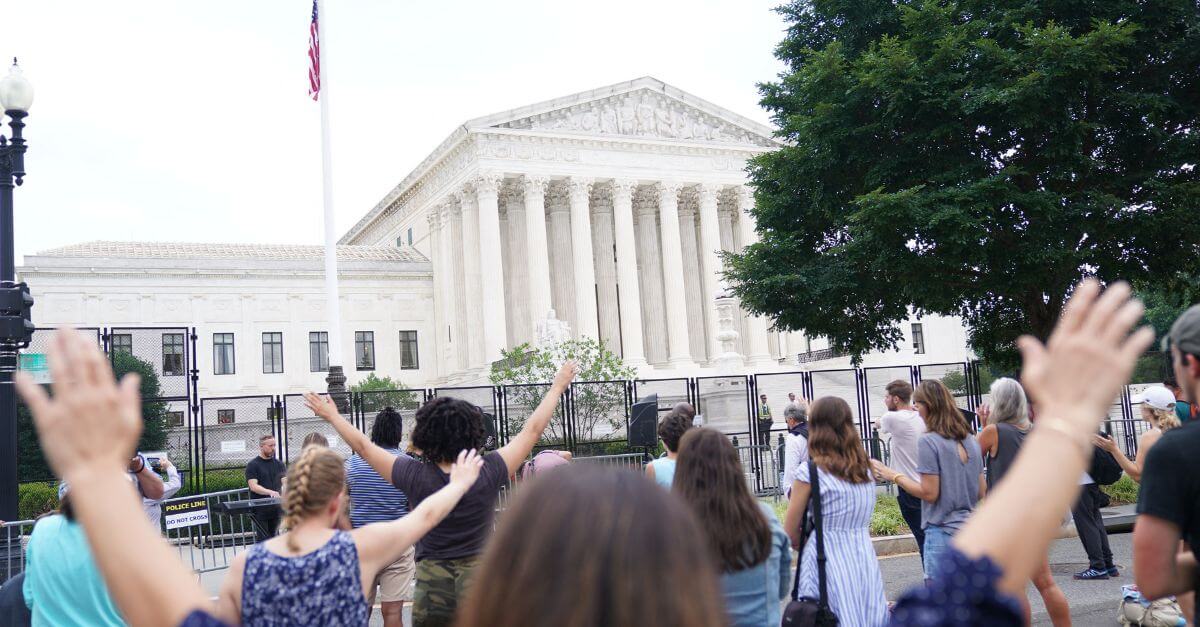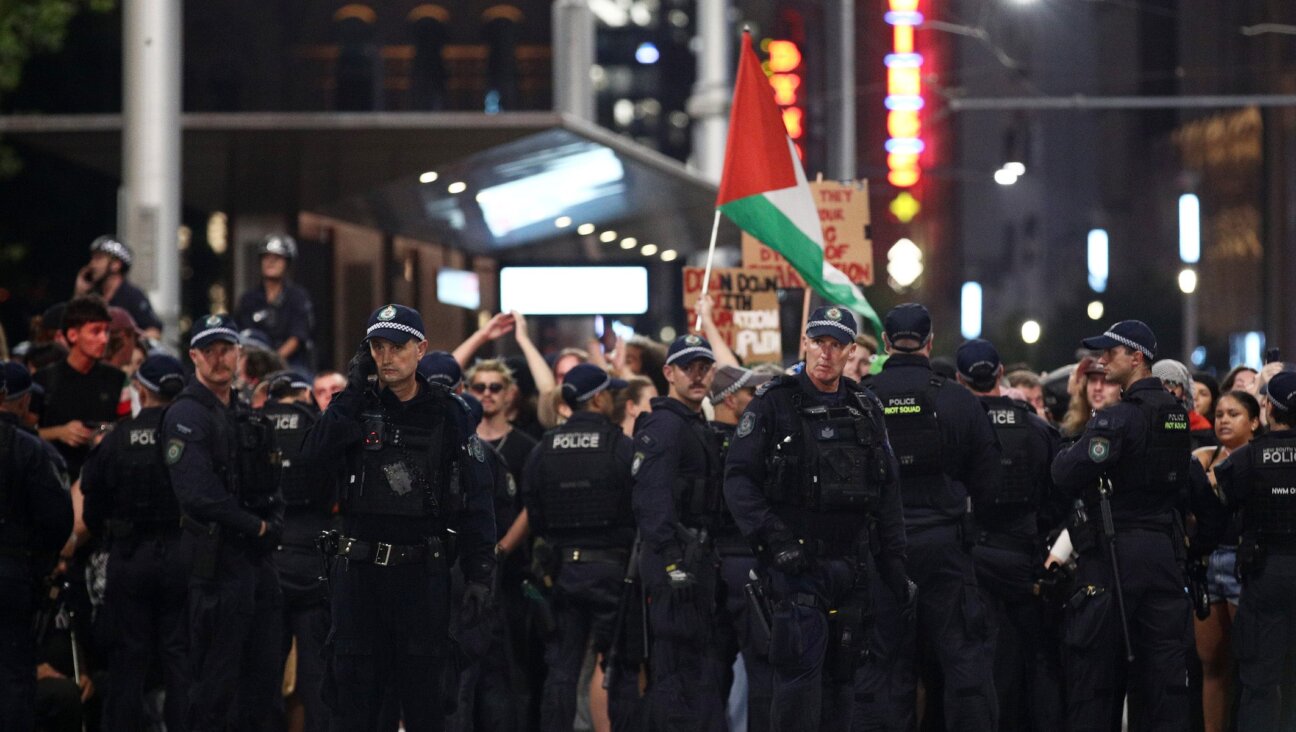Moscow Moves To Install Chabad Ally as Top Rabbi
JERUSALEM — The deputy mayor of Moscow is pushing for the merger of the offices of the two rival chief rabbis of Russian Jewry, the Forward has learned, in what is being seen as a bid by the government to install one as the sole representative of the divided community.
The deputy mayor, Alexander Reisen, convened a meeting December 20 with Chief Rabbi Adolf Shayevich and presented him with a memorandum to sign calling for the establishment of a United Jewish Community of Russia, which would join Shayevich’s multi-denominational Congress of Jewish Religious Organizations and Communities of Russia, known by its Russian acronym Keroor, with Chief Rabbi Berel Lazar’s Federation of Jewish Communities of Russia, an Orthodox organization dominated by activists from the Chabad-Lubavitch chasidic movement.
The new group would be “the representative of Jewry in the territory of the Russian Federation and also outside of it, and which will represent the Jewish community of Russia to the state administration of the government of Russia,” the memo said.
Observers suggest that Lazar’s federation stands to emerge as the dominant force in Russian Jewry as a result of Reisen’s proposal. The executive vice president named for the proposed umbrella group is Alexander Boroda, the politically connected executive director of Lazar’s organization. The agreement, which Lazar — who is allied with Russian President Vladimir Putin — agreed to sign, would place all Jewish communal property under the control of the United Jewish Community, sources said.
Such arrangements for the Jewish community were commonplace under communism, but were thought to be a thing of the past with the breakup of the Soviet Union. But beginning with the formation of Lazar’s federation in November 1999, there have been bids on the part of both Keroor and the federation for control of the community. The four-year history of conflict and the intervention by a government official have Russian Jewish communal leaders and foreign observers watching developments with a degree of apprehension.
“I’m following the developments very closely,” said Mark Levin, executive director of NCSJ: Advocates on Behalf of Jews in Russia, Ukraine, the Baltic States & Eurasia. “I’m concerned about the possibility of overt government action to force an agreement within the Russian Jewish community.”
Levin said Reiser’s effort may represent the latest in a series of government bids to install Lazar as the Jewish community’s leader. “I am never surprised what comes out of parts of the Kremlin to try either to control the behavior of the Russian Jewish community, or exert great influence on the Russian Jewish community,” he said.
Sources told the Forward that should the memorandum be signed by Shayevich and Lazar, Moscow Chief Rabbi Pinchas Goldschmidt — who is aligned with, and more politically active than, the 66-year-old Shayevich — will resign his post. Contacted by the Forward, Goldschmidt declined to comment on his intentions, saying only that “I hope this issue will resolve itself to the satisfaction of the Jewish community.”
Jewish organizational leaders in the United States and veteran observers of Russian Jewry criticized the memorandum, saying they didn’t think any government should be involved in internal Jewish communal affairs, even though Reisen, who is Jewish, recently was appointed chairman of the Russian Jewish Congress.
“I don’t understand why the government is involved in an attempt to define the representatives of the Jewish community, although it is a pressing need for the Jewish community itself,” said Joel Golovensky, former head of the Moscow office of the American Jewish Joint Distribution Committee. “Long experience teaches us that government involvement in Jewish affairs never ends well for the Jews.”
Moreover, a takeover of Keroor — one of four Jewish umbrella organizations in Russia, together with Lazar’s federation, the Russian Jewish Congress, and the Federation of Jewish Organizations and Communities of Russia, also known as the Vaad — would marginalize non-Orthodox groups that are currently represented in Shayevich’s congress.
“It is very, very distressing and does not bode well either for Russia itself, for Russian Jews or for all of those Jews around the world who care about Russia and Russian Jewry,” said Rabbi Ammiel Hirsch, executive director of Arza/World Union, the international arm of the Reform movement. “What it would do in effect is to give control and authority to those forces in Jewish life that are outside of the mainstream. Religion thrives best when it is not controlled by the government, and when there’s a full competition in the marketplace of ideas. That notion is antithetical to Chabad, which is going to dominate the new entity.”
Lazar declined to comment.
Hirsch said he didn’t know what the practical effect of the memorandum would be and what his organization would do should the memorandum be signed, but it was clear that Arza would not be able “to sit in a body where the dominating force doesn’t want us around the table. That goes without saying. So either they are going to have to change their philosophy and sit with us, or we are not going to be around the table — at their choosing, because you can’t force people if they don’t want to sit down with people from the other side.”
Tankred Golanpolsky, editor and publisher of the International Jewish Gazette, Russia’s only independent Jewish newspaper, thinks Moscow Mayor Yuri Lushkov was originally behind the idea, “because he was sympathetic to Shayevich. But it seems to me that he miscalculated, and that as a result, Mr. Reisen came and said, ‘let’s all be friends.’ He could have talked to someone here, there, in the administration, and they could have not ordered him but simply said, ‘you know, it would be good if they all united.’
“There was only one problem. He knows nothing about Jewish tradition, although he is Jewish. He was brought up in the Soviet tradition and doesn’t understand the nuances of a Jewish community. He comes from one of those traditions — ‘why the hell we have this [fighting], let’s unite, and be one strong big group’ — the empire approach.”
Golanpolsky said that in the end he didn’t believe that the agreement would be signed, because the Russian Jewish Congress would prevent any merger.
“Chabad certainly wants to join teams, because they understand that as a result, according to the memorandum, all the property of both Jewish organizations and both synagogues would be unified, which in the long run will all belong to Berel Lazar.”
Michael Chlenov, president of the Vaad, said he believes that the memorandum is “a personal initiative by Reisen. He’s a newcomer in the Jewish community, and what is widely known is that there is a clash, or rivalry, between the two rabbis. I think it is his personal intention to be a peacemaker.”
Chlenov said it is too early to tell what will happen, but that if the proposal is agreed to, “it would mean that the [United Jewish Community] group will split because the Reform will be out. It will not be a union but a new split. In the meantime I certainly am worried because it can cause different changes in the status quo from the last two, three years. But I don’t see any chance for unity, but rather a chance for a new split.”














